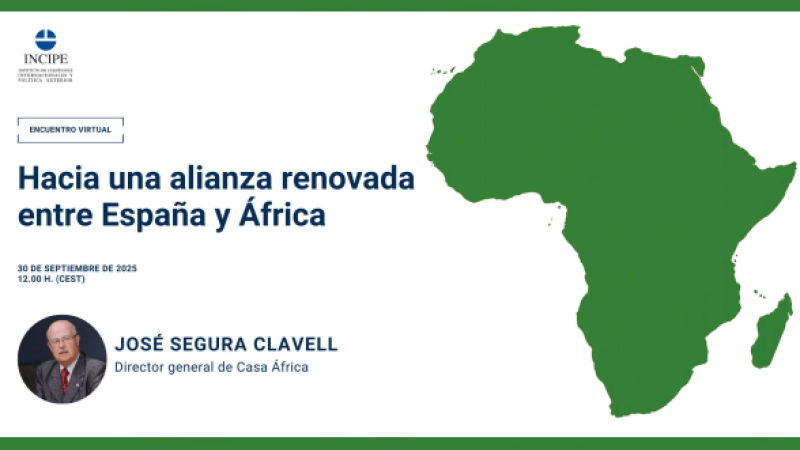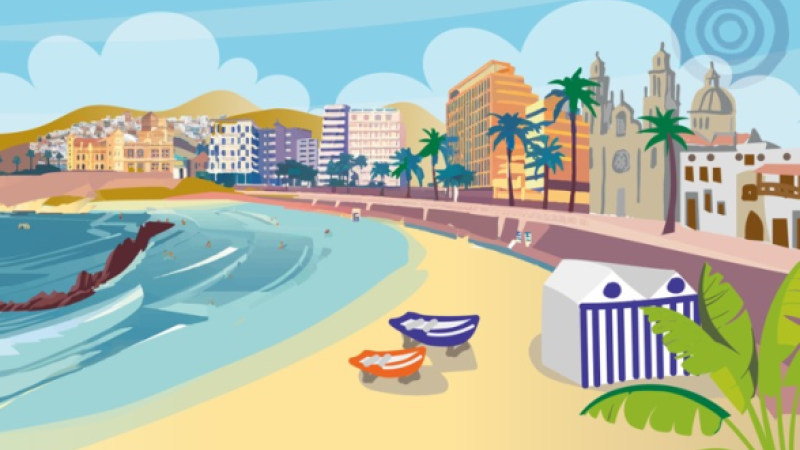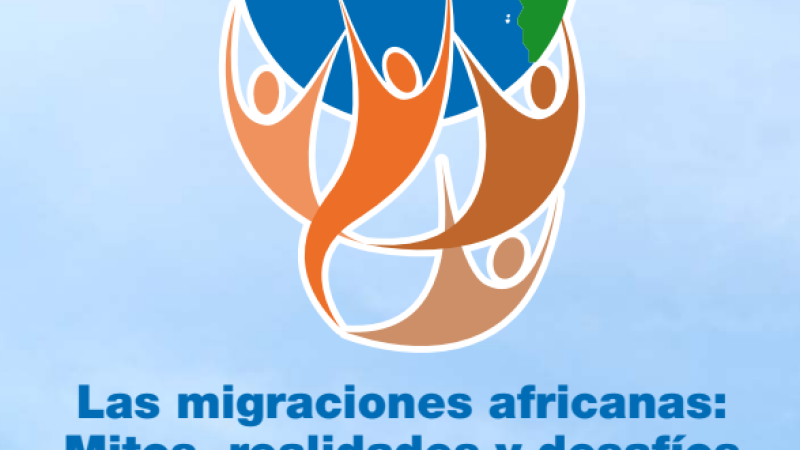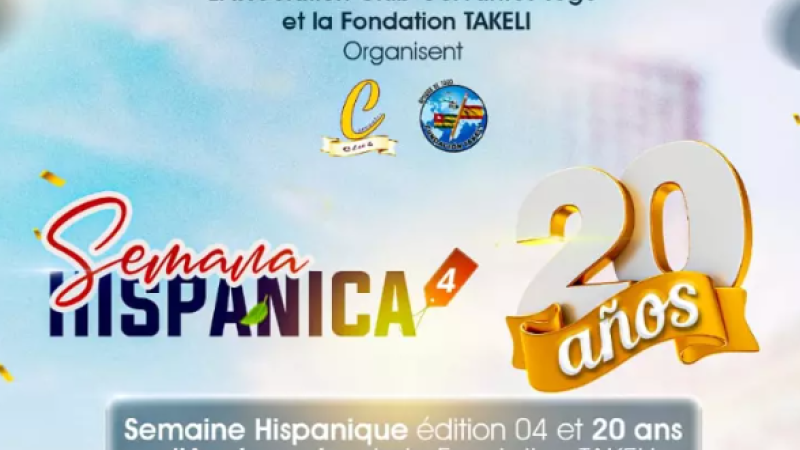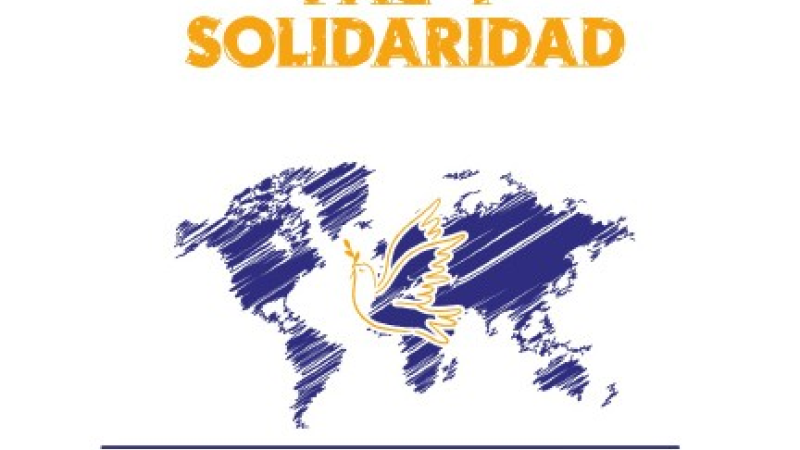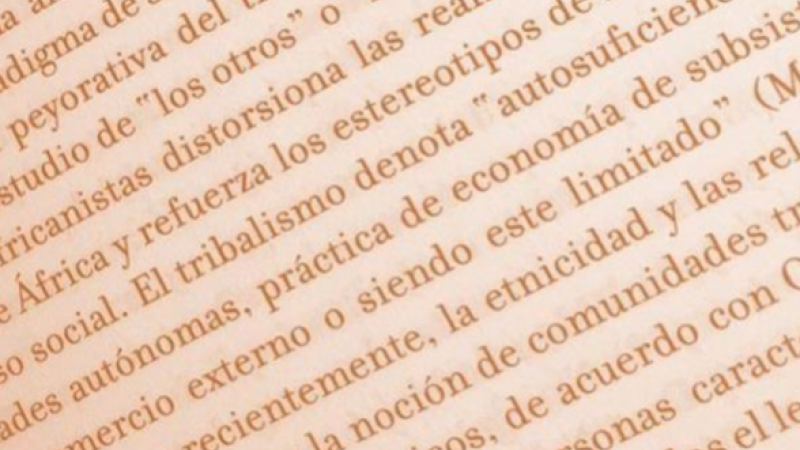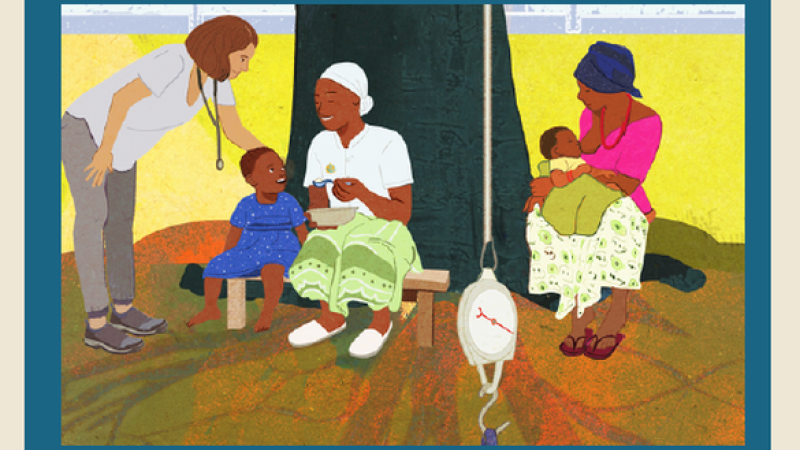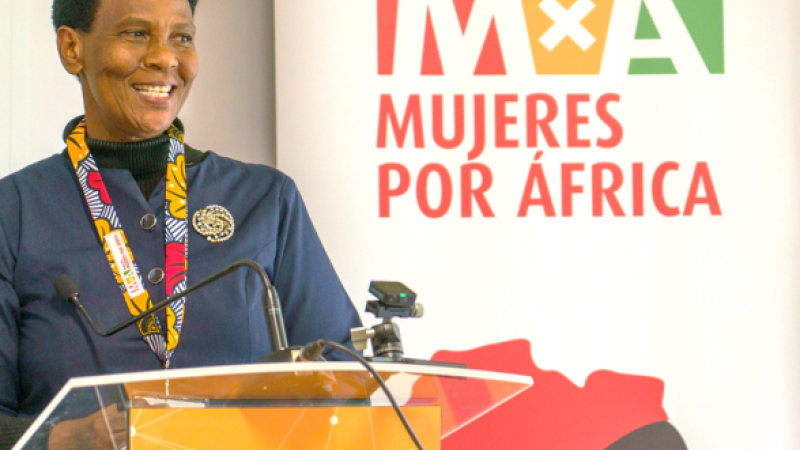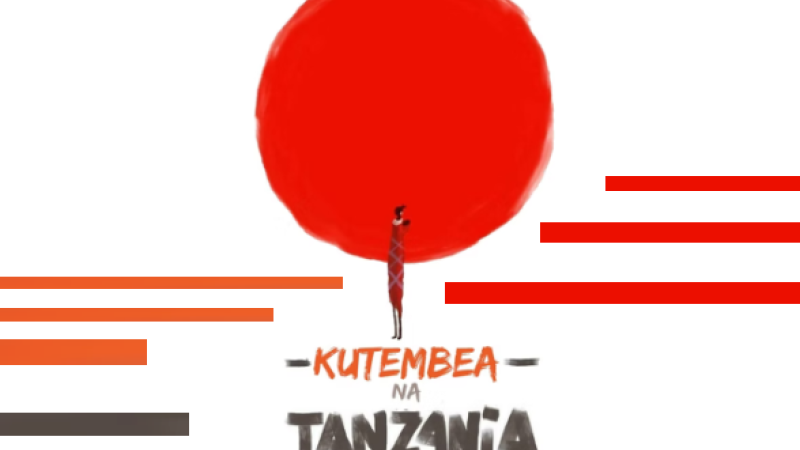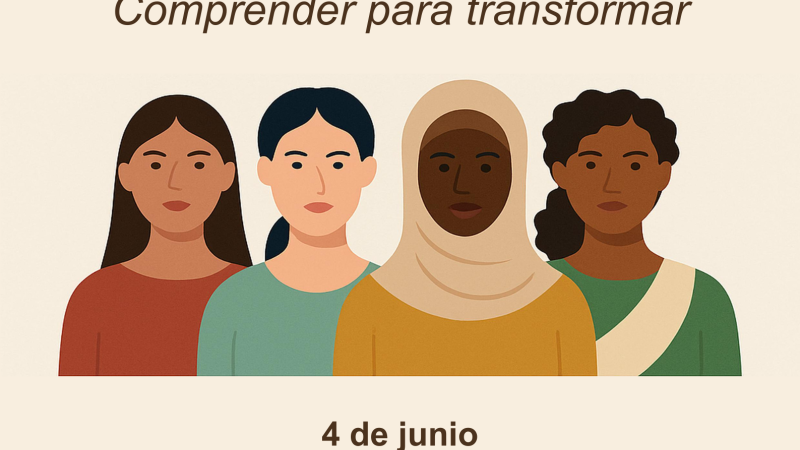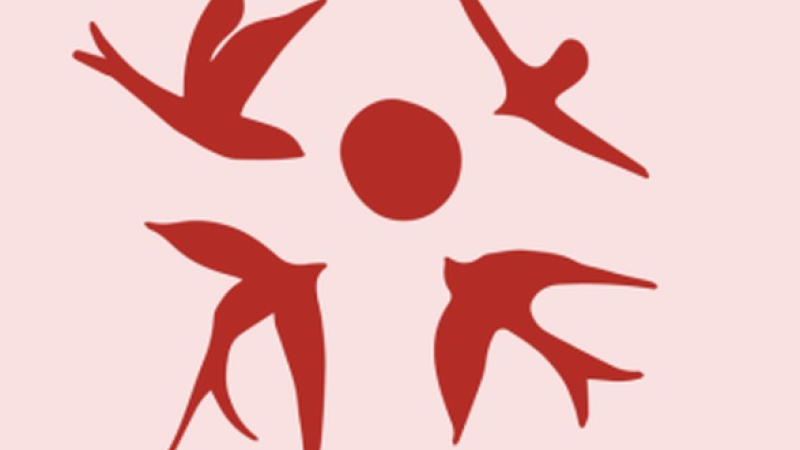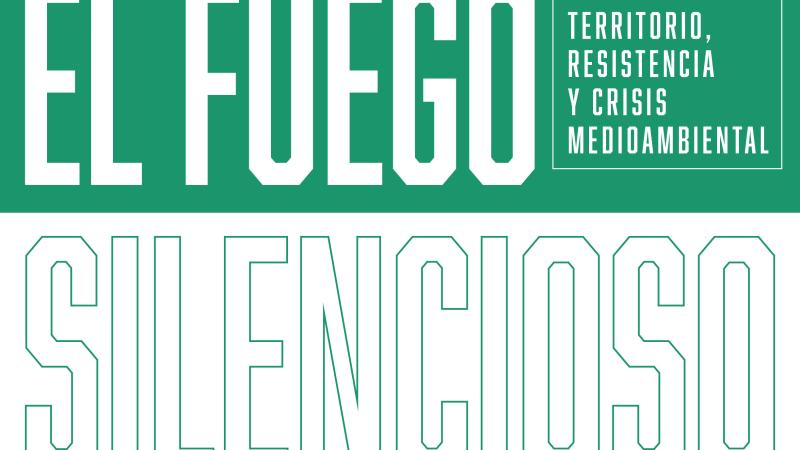Message d'état
In development mode.Message d'erreur
Reunión internacional sobre diplomacia preventiva en África Subsahariana
In recent years, Preventive Diplomacy has cemented its position as one of the key tools for guaranteeing peace, stability and prosperity in Africa.
Detecting flash points before they lead to open conflict—and before conflicts, in turn, lead to outbreaks of violence—is not only a moral duty by which we are all bound, it is also the best way to save lives, prevent personal tragedies and halt fracturing of societies that takes years to heal.
Spain is fully aware of the tremendous value of Preventive Diplomacy, and we support all of the efforts of the new Secretary-General of the United Nations, Antonio Guterres, to strengthen diplomacy for peace and conflict prevention. This work is based on a foundation of discretion and foresight—deeply rooted in familiarity with African society and political structures requiring that prominent African public figures bring to bear all of their commitment, leadership and charisma.
In tandem with the development of early warning systems and Preventive Diplomacy mechanisms, we have seen a strengthening of African multilateralism. Under the umbrella of the African Union, subregional economic organizations render an invaluable service to the continent’s stability and growth. The African Peace and Security Architecture (APSA) and Agenda 2063 are merely two examples of just how much Africa can do on its own. These efforts are supported by both the United Nations and the European Union.
At this international meeting, our aim has been to give the opportunity to speak primarily to senior representatives of African multilateral organizations, for two reasons. Firstly, we are aware that their Preventive Diplomacy work is often overshadowed by its own success, because when a conflict is prevented the impact in the media is minimalised.
Secondly, we know that Preventive Diplomacy requires material and financial resources, although it is of course less costly than a peacebuilding or peacekeeping mission. We must therefore discuss how we can enhance the effectiveness of such instruments.
This day of debate will be inaugurated by the Vice-President of the Government of Spain, Mrs Saénz de Santamaría and hosted by Casa Africa, a public diplomacy tool dedicated to reinforcing ties with the African continent. The proximity of the Canary Islands—a source of much mutual wealth and understanding for Spain and the countries of Western Africa—has given rise to a dense network of political, economic, social and cultural ties that are perfectly integrated into Spain’s foreign policy framework.
Las Palmas de Gran Canaria is therefore an ideal location to discuss Preventive Diplomacy and to renew our commitment to the present and the future of Africa. In today’s globalized world of shared challenges, this also represents a commitment to the present and the future of us all.
Goal of the Conference
Traditionally, primary responsibility for preventing conflicts has fallen to States; however, international organizations are playing an increasingly important role in peacekeeping and peacebuilding around the world.
International, regional and sub-regional organizations promote a comprehensive approach and have Preventive Diplomacy tools at their disposal that contribute to early warnings and regional stability.
The United Nations, the only universal organization, has underscored that conflict prevention must be its utmost priority for the coming years.
Conflict prevention and peacebuilding in Sub-Saharan Africa unquestionably represent the greatest challenge faced by the international community. The conflicts that have ravaged Africa over the past decade are well known; nonetheless, peaceful transitions of power, good governance and democratic development are becoming more and more widespread. The future offers opportunities to bring together development, democratization and stability, whilst proactively using diplomacy and other tools for conflict prevention.
The meeting in Las Palmas will focus on the role that regional and sub-regional organizations currently play and how their role can be expanded, as well as the function of civil society; the meeting will also centre on women’s organizations and movements, which are making important contributions to change in Sub-Saharan Africa.
Now more than ever, the international community must strive to work together to prevent conflicts, uniting the efforts of States, international organizations and civil society.
It is crucial that we work together and cooperate on diplomacy for peace.
The challenge that Sub-Saharan Africa is facing is precisely this: combining forces. The meeting in Las Palmas is an urgent call to seek effective means of achieving this ambitious goal.
Download:
- Welcome Dossier with the program and the names of participants
- Information about participant organizations
